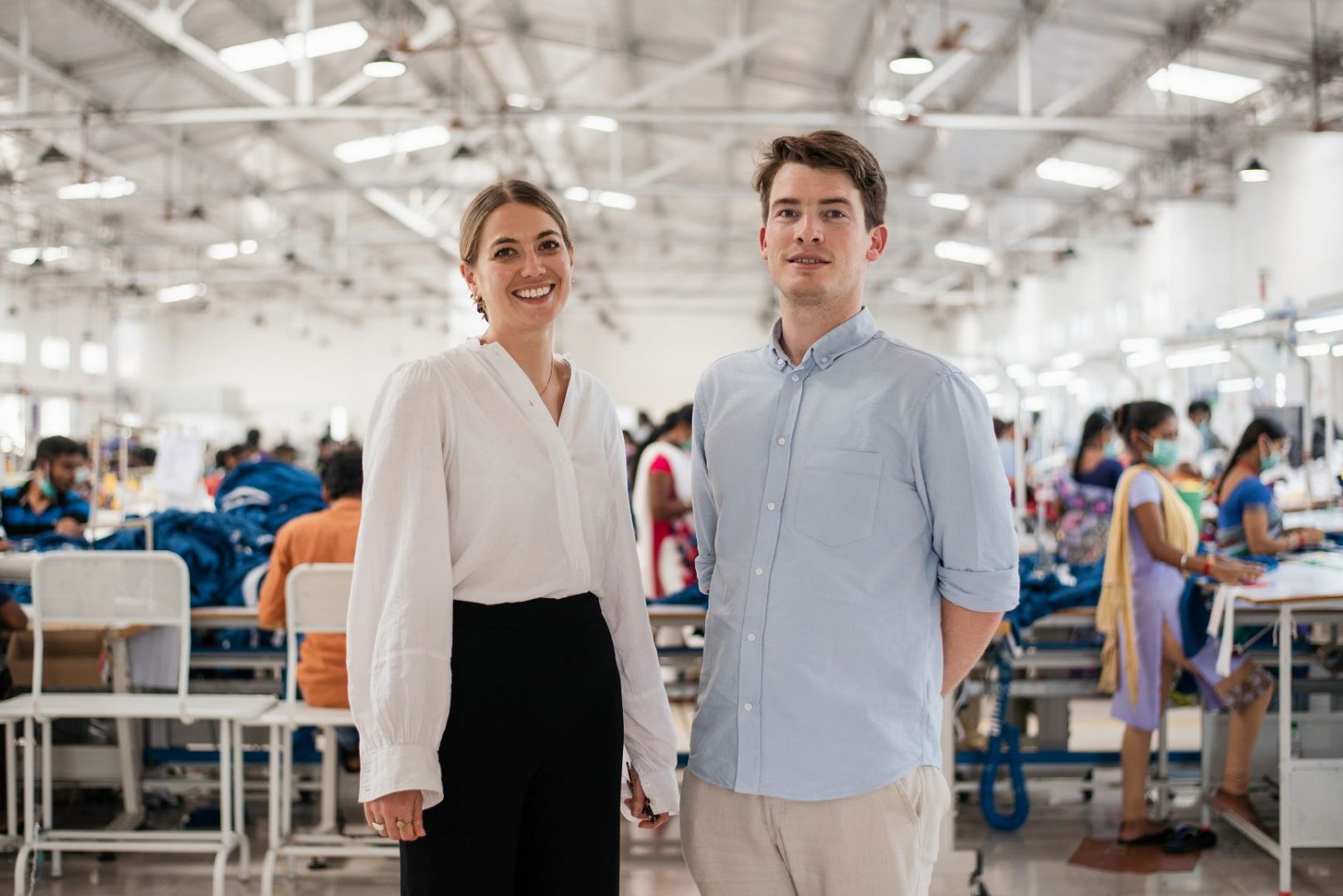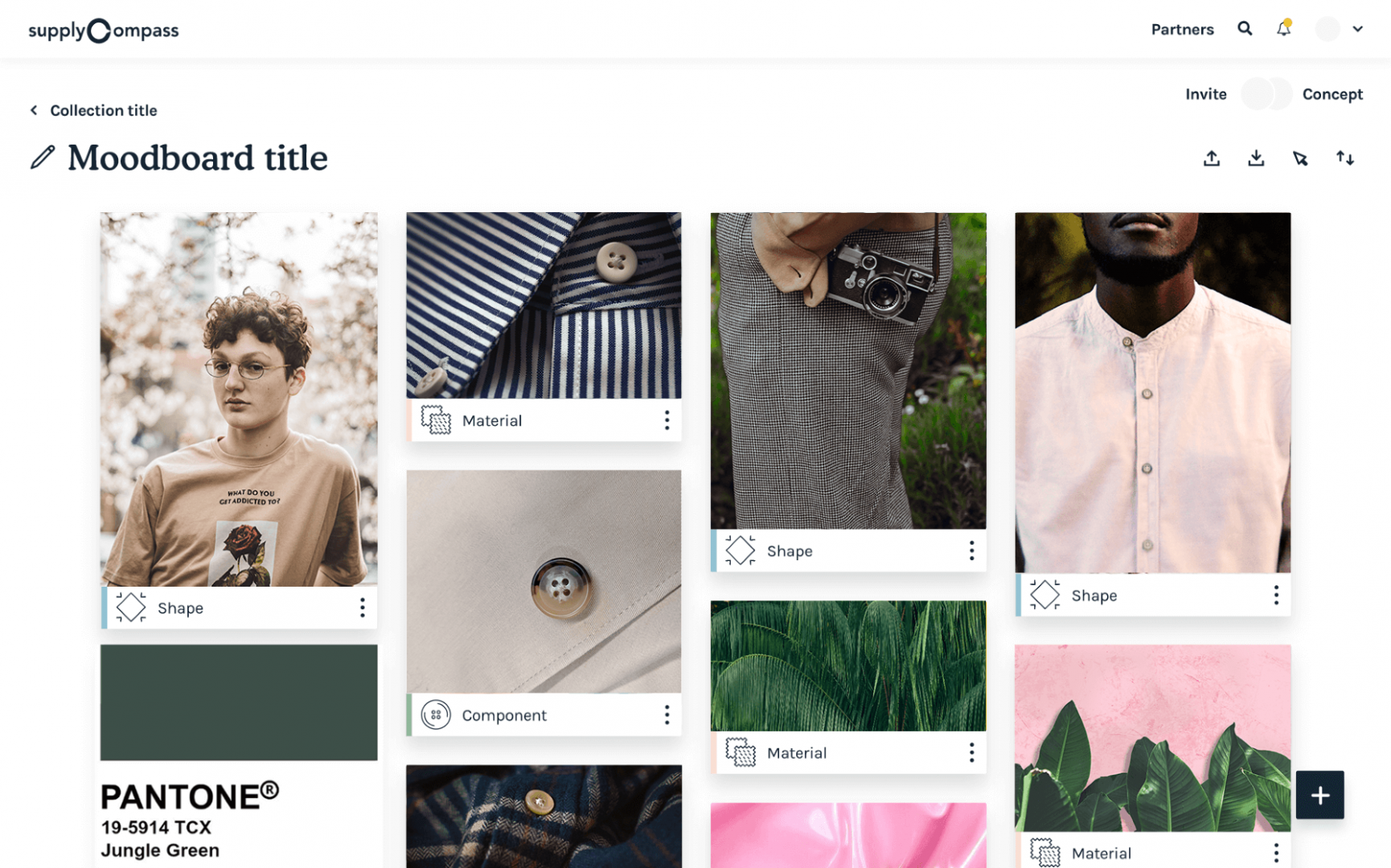Our environmental impact has become an increasingly pressing topic, the last year seeing a surge in protests urging for more to be done. With Greta Thunberg and the Extinction Rebellion catching the eye of the media, people everywhere are becoming increasingly more aware of the importance in doing their bit. Many have now changed their diets, travel habits and even fashion choices, to help push for a more sustainable way of life.
Whist the demand for sustainable fashion is growing strong, it’s a controversial topic within the industry; the clothing sector alone claimed to be responsible for 8-10% of carbon emissions globally, as well as being the second biggest consumer of water.
With eCommerce having boosted accessibility, and facilitated the growing demand for more clothes, many in the industry are looking for ways to stop digitisation from exacerbating its environmental impact, and instead improving its sustainability.
In the boom of eCommerce and digitisation, many have found innovative ways of making the fashion industry more sustainable, one of which being SupplyCompass. Through their sourcing platform, this innovative startup has created a holistic solution that enables fashion brands to become more sustainable from design right through to delivery.
Digitising the Fashion Industry With SupplyCompass

Founded in 2015, SupplyCompass is a design-to-delivery sourcing platform that helps fashion brands to create a more sustainable and efficient supply chain for their business. Through the platform, fashion brands can design, collaborate and connect with the best manufacturers across the globe, helping to improve production management by providing a transparent and traceable supply chain.
Prior to starting SupplyCompass, co-founder Flora Davidson worked for a consumer research innovation agency. During her time here, Flora began to see the themes of sustainability and the desire for transparency, and wanted to explore this further to see the innovation that was happening within the fashion industry’s supply chains.
After quitting her job and moving to India, the co-founder explored this space further, setting up her own shirt label to learn more about building her own supply chain. Flora told TechRound that “Throughout this process I realised there was very little innovation that actually happened within the supply chain.”
“I was really excited seeing how this space had been so untouched. There’s lots of disconnected, not very user-friendly systems that exist. I really saw that this [SupplyCompass] could actually bring supply chains into the 21st century, and at the same time also improve the people’s lives around it.”
SupplyCompass not only helps brands to become more efficient, the platform can also enable businesses improve the sustainability of their design-to-delivery processes. SupplyCompass helps brands to source their materials sustainably whilst improving the efficiency of their processes, thereby reducing waste whilst also reducing the costs involved in the supply chain.
The company claim that though the platform, fashion brands can control up to 80% of their product’s environmental impact – which can be done through using sustainable, local materials to reduce waste, keep costs of the supply chain down, and creating a much more efficient process overall.
How Easily Accepted Will This Digitisation Be?

Whilst digitisation certainly seems to be the way forward for both business and the planet, as with most things in their infancy stage, getting businesses to accept this digitisation and revolutionise their supply chains will not be easy.
Whilst discussing this with Flora, the co-founder stated “I think that once the benefits are visible it will be quite rapid. I also think it needs to happen in the right way. It’s not something that will happen overnight, but if it makes business sense, and if it’s easier to do it than to not do it, I think it will happen fast.”
“I think the challenges now, and the challenges that will continue to be, is behavioural change. Getting people to keep believing in why you’re doing this – you’re doing this to make your lives easier, but they’re going to have to come on the journey with you.”



